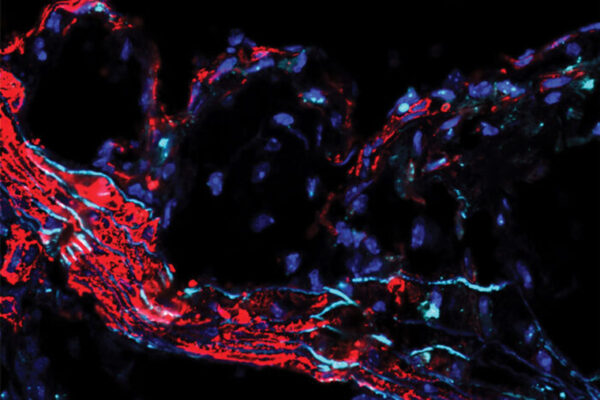Three faculty from the Brown School and the School of Medicine at Washington University in St. Louis have received a seven-year $6.1 million grant from the National Institutes of Health (NIH) aimed at improving the health of mothers and children in the St. Louis region.
The project, titled “Enhancing Cardiovascular Health Equity in Mothers and Children Through Home Visiting,” will be led by Debra Haire-Joshu, PhD, the Joyce and Chauncy Buchheit Professor in Public Health; Victor G. Davila-Roman, MD, professor of medicine, anesthesiology and radiology; and Rachel Tabak, PhD, research associate professor at the Brown School.

The competitive grant is one of seven awarded through the NIH’s Early Intervention to Promote Cardiovascular Health of Mothers and Children (ENRICH) program. The grant aims to promote heart health and address health disparities in low-income families living in low-resource communities.
“The ENRICH trial will reduce the high burden of morbidity and cardiovascular disease faced by women and young children in the St. Louis metro region,” Haire-Joshu said.
“The foundation for cardiovascular health (CVH) is laid in early life by intergenerational interactions, passed from parent to child, that have long-lasting biological and behavioral consequences,” she said. “Pregnancy-related complications, such as gestational diabetes and preeclampsia, lead to increased risk of cardiovascular disease-related morbidity and mortality.
“This study builds on a partnership between the Brown School, the School of Medicine and the Parents as Teachers national home visiting organization to deliver a CVH intervention through a real-world infrastructure to impact populations facing health disparities.”
The team will identify CVH protocols and test the impact of the intervention on body weight, diet, activity, blood pressure, blood glucose, sleep and parental influence on child growth and health outcomes.
After the current two-year $1.4 million planning phase, NIH officials will review the progress to approve the remaining $4.7 million to study the effects of the intervention over the final five years of the grant.
“As one of seven clinical sites and a national coordinating center, our team will develop and implement an evidence-based lifestyle intervention that we hope will positively impact behaviors and cardiovascular health, for both mothers and children,” Haire-Joshu said. “The ENRICH trial aims to disrupt the impact of cardiovascular risk that passes across generations to improve health.”


